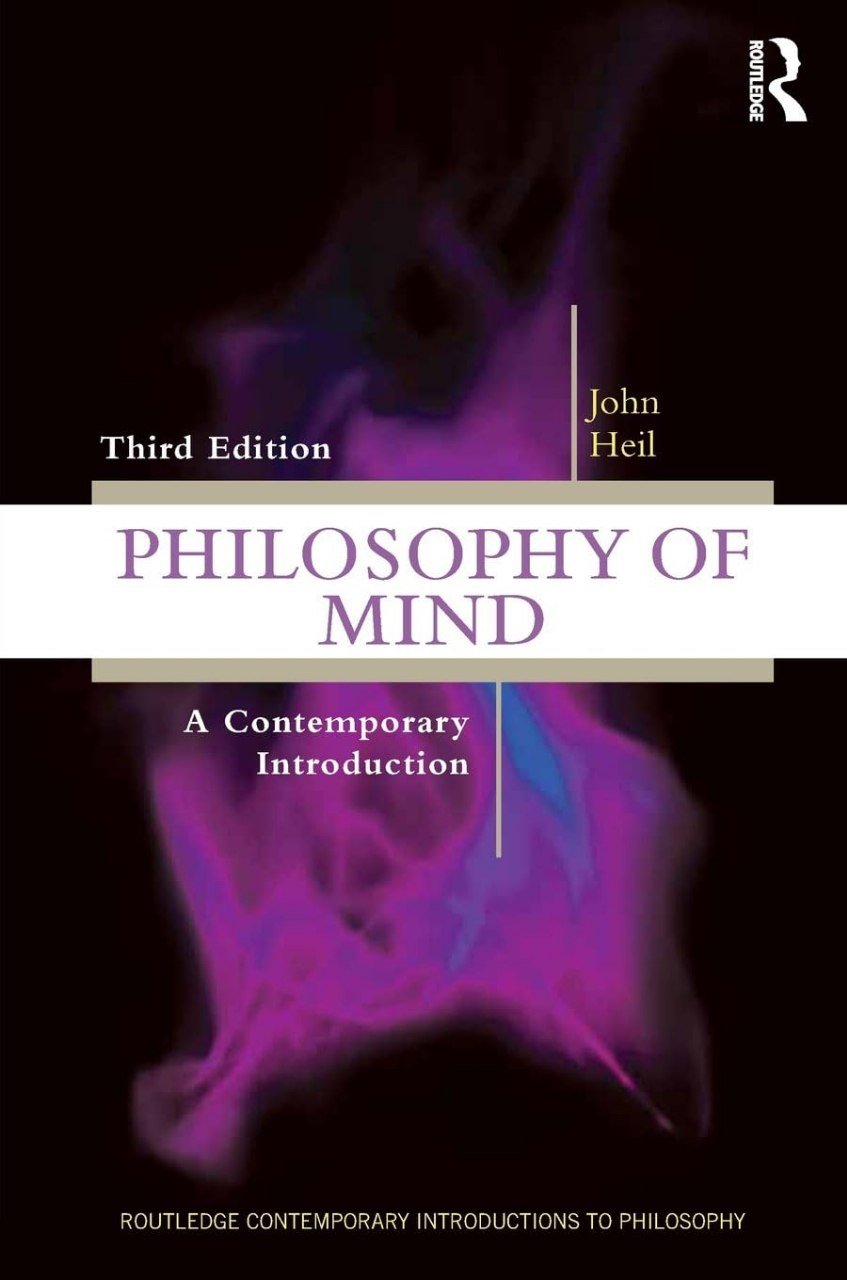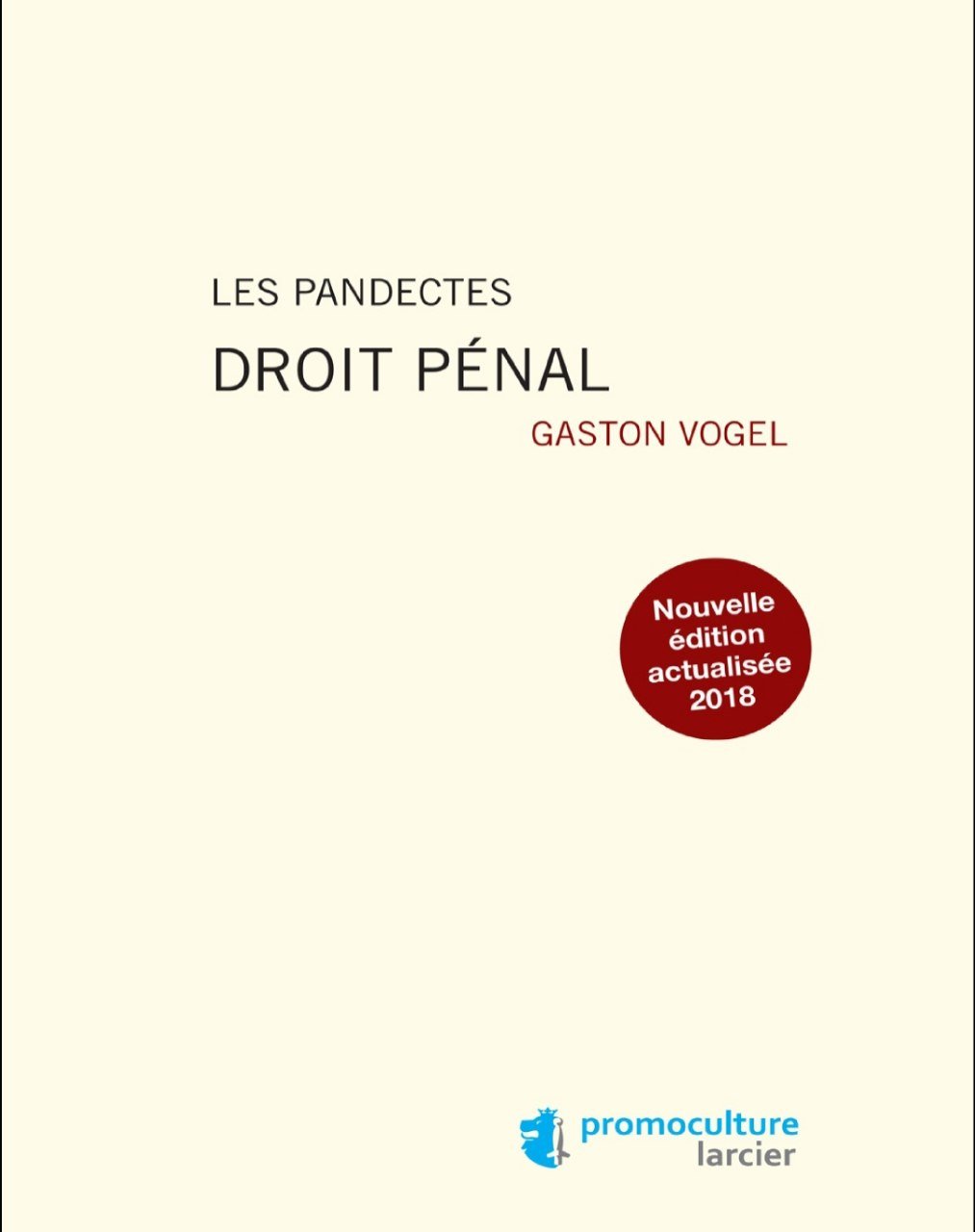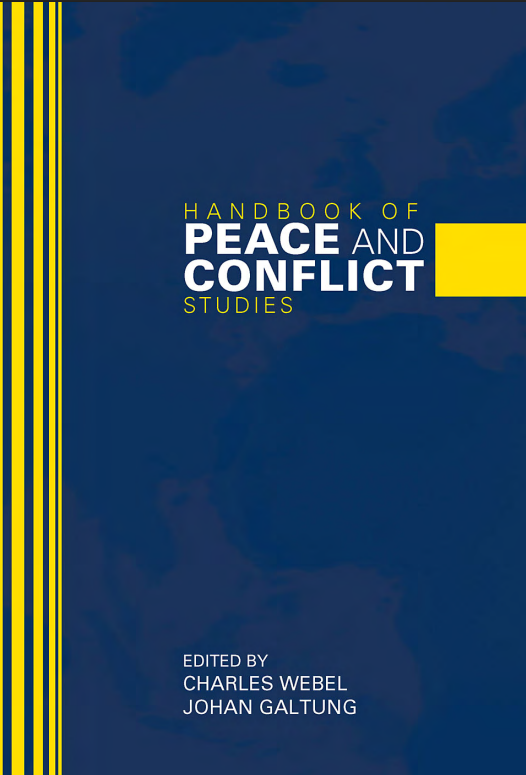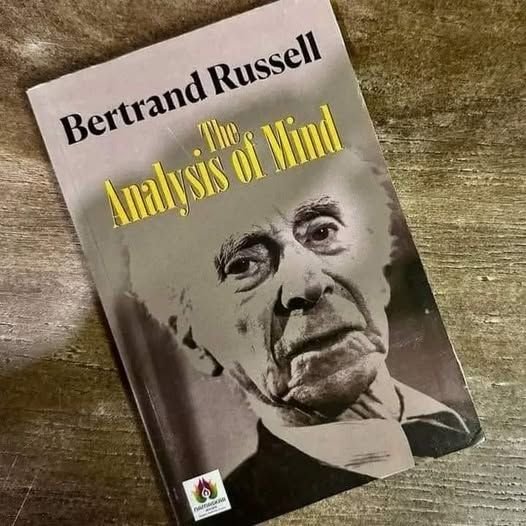

The Companion Species Manifesto by Donna J. Haraway
Reviews
No review yet. Be the first to review this book!
Description
The Companion Species Manifesto: Dogs, People, and Significant Otherness (2003) by Donna J. Haraway is a groundbreaking work that explores the relationships between humans and dogs, positioning them as significant partners in the larger ecosystem of human-animal interactions. The book is an intersection of philosophy, feminist theory, and animal studies, blending Haraway’s personal experiences with broader cultural and theoretical analyses. Key Themes and Analysis: The Concept of "Companion Species": At the core of Haraway's manifesto is the idea of "companion species", which challenges the traditional hierarchical view of humans dominating animals. Instead, Haraway argues that humans and animals, particularly dogs, have co-evolved in ways that blur the lines between subject and object, showing mutual dependence. The term "companion species" suggests that animals are not merely pets or commodities, but rather significant others with whom humans share life, creating a co-constructed history together. Interdependence and Mutual Becoming: Haraway introduces the notion of "mutual becoming" to explain how humans and dogs have shaped one another through the ages. She rejects the idea that humans are independent or isolated from the animal world. Instead, she shows that the human species has been deeply entangled with the animal world, especially with dogs, through a relationship of interdependence and mutual influence. This intertwining is not merely utilitarian (e.g., dogs as workers or pets), but a profound, dynamic relationship that has shaped both species over time. Beyond Anthropocentrism: Haraway critiques the traditional anthropocentric view of human exceptionalism, arguing that human beings have long viewed themselves as superior to animals, reducing animals to mere tools or passive objects. Through the lens of companion species, Haraway calls for a more nuanced understanding of the roles animals play in human lives. Her work challenges traditional boundaries, offering a new way of thinking about human-animal relations that does not reduce animals to mere tools or background figures in human narratives. Ethics and Responsibility: The manifesto also touches on the ethical implications of our relationships with animals. Haraway explores the moral responsibilities that come with co-existing with other species, particularly dogs. By acknowledging the agency of dogs as companions, Haraway calls for a more responsible, respectful relationship where humans do not dominate but rather co-habit and co-evolve with their animal companions. Feminist Theory and Animal Studies: Haraway’s work merges feminist theory with animal studies, drawing on the feminist idea of "significant otherness"—the idea that relationships of difference (such as those between species) are deeply meaningful and transformative. She uses the relationship between humans and dogs to illustrate how human identity is constructed not only through interactions with other humans but also with animals. This challenges traditional feminist notions of selfhood that often neglect the role of non-human animals in shaping human experiences. Personal Narrative and Philosophy: Haraway’s manifesto is deeply personal, drawing from her own life with her dogs to illustrate theoretical points. She uses her relationships with her canine companions as a foundation for her philosophical argument, demonstrating how personal experience can inform broader cultural and ethical ideas. Through her storytelling, Haraway makes the book relatable and engaging, inviting readers to reconsider their own relationships with animals. Posthumanism: The manifesto is often considered a part of posthumanist discourse, which seeks to decenter human beings as the ultimate subjects in philosophical and ethical frameworks. Haraway challenges human exceptionalism and promotes a vision where human and non-human animals are co-equal participants in the fabric of life. This framework calls for a move beyond human-centered thinking and emphasizes interconnectedness, co-evolution, and shared responsibility in the world. Conclusion: The Companion Species Manifesto by Donna J. Haraway is a revolutionary work that redefines human-animal relationships, particularly between humans and dogs. It calls for a reconsideration of animals not as objects or passive participants but as co-evolving companions with their own agency and significance. Haraway’s work challenges anthropocentric, hierarchical models of existence and offers a more inclusive, responsible, and interconnected understanding of life on Earth. The book blends feminist theory, animal studies, and posthumanism, making a compelling case for the ethical and philosophical importance of non-human animals in shaping human identity, ethics, and culture. Through the lens of the human-dog relationship, Haraway introduces a vision of coexistence that is grounded in respect, mutual benefit, and shared responsibility.




























.jpg)




.jpg)
.jpeg)


.jpg)

.jpeg)


.png)














.jpg)







.jpeg)
.jpg)

.jpg)


.jpg)
.jpeg)



.jpeg)









.jpg)




















































